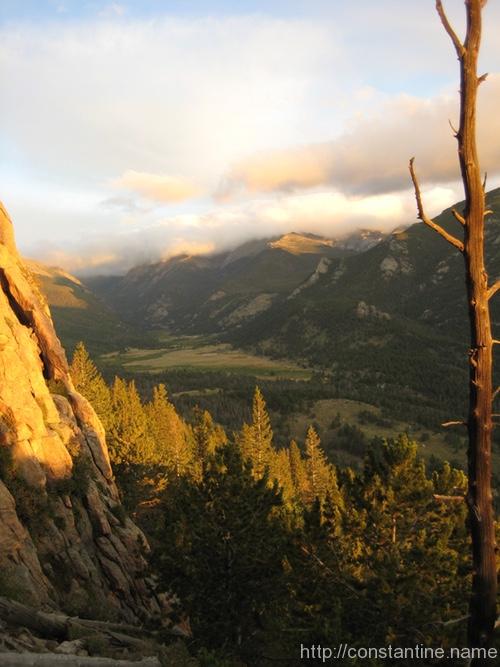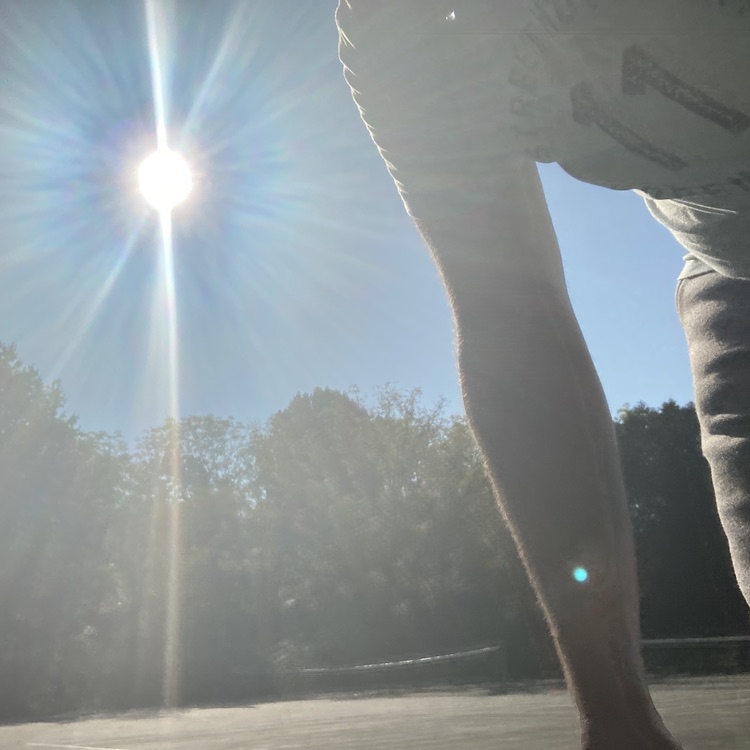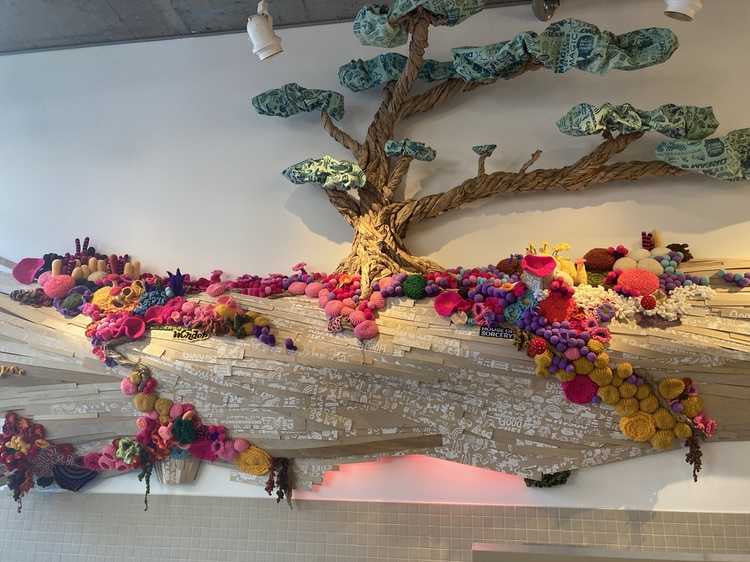Opinions are strongly divided about Pressfield’s concept of Resistance. And yes, some days I do find myself over in the Resistance-is-bullshit encampment thinking: No, Resistance is not real. It is important and meaningful for me to be spending my time rearranging these deck chairs, polishing this silverware, sorting these shelved books, getting the edge of my lawn just so, tagging and organizing all these blog posts… And then, “Curse you, Resistance!!“
For myself, I was years into the act of having a practice before I even thought about its efficacy as a strategy to overcome my own Resistance. Resistance was (and is) a given for me. It wakes up with me. I know I will have to face it every day, and I know it will never diminish or relent or go away.
~ Steven Pressfield from, A Practice and Resistance
I’ve been looking for a word to replace “professional” in my regular usage. (Please hit reply if you’ve got one.) I’ve given up on changing how others perceive the words I say; People take professional to first refer to getting paid for one’s efforts. But by professional I mean—and this is the way Pressfield uses the word—competent, skilled, assured, and approaching mastery. Steve Martin is talking about that sort of professionalism, not about money, when he says, “be so good they can’t ignore you.”
Why do I care? Because with the concept of getting paid pushed aside, then professionalism can be used as a razor for cutting through resistance. I simply consider my practices (left for another day is the discussion of whether or not it works to have more than one practice) and ask the question: Would a professional do this?
Yes, a professional would take time off for this restorative activity. No, a professional would just ignore these deck chairs. Yes, a professional would spend 3 days writing software tooling so 10 years from now this stuff is still organized and useful. No, a professional would not stoop to that level. Yes, a professional would totally get this part pitch perfect.
ɕ


